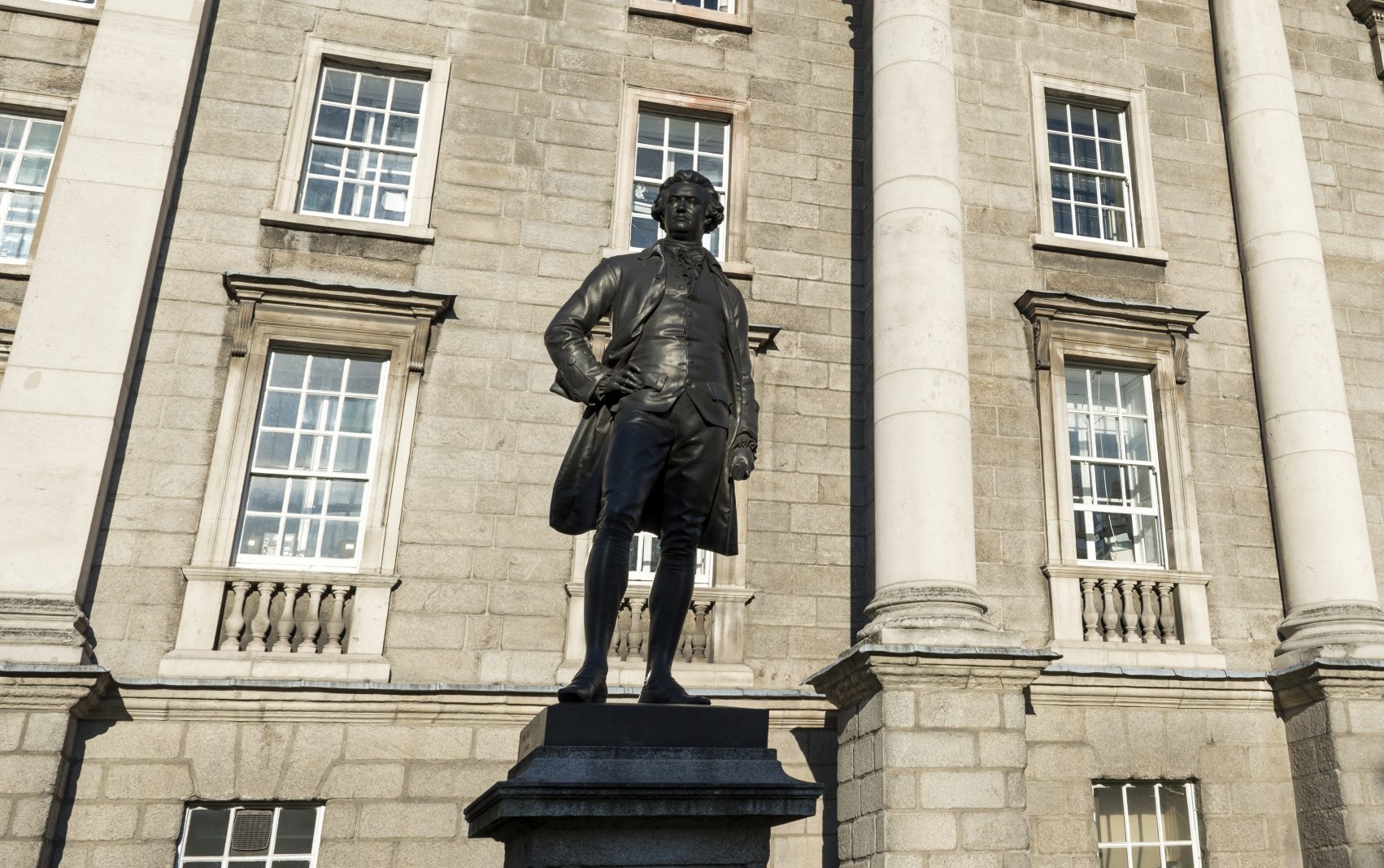The Theological Fusion of Social and Economic Conservatism
TAC readers are no doubt intimately familiar with Frank Meyer’s theory of “fusionism”: a political bargain of sorts between cultural traditionalists and libertarians. To oversimplify, everyone in this big tent could get along because virtue is truly virtuous only when it’s freely chosen.
One of the things I’ve noticed over the last few years is that these two camps are no longer merely “fused.” Traditionalists have so completely absorbed the market ideology of libertarians that, at least on these matters, they’re indistinguishable.
As I put it back in February, many conservative evangelicals
believe that capitalism and the free market are part of God’s blueprint for human society.
And so, even if politicians are inclined to limit economic liberty for reasons that have nothing to do with the Social Gospel, they are, in effect, violating not just the gospels, but all of scripture.
The orthodox Protestant critique of the Social Gospel has thus been inverted: Capitalism is the Social Gospel.
Adding another log to the fire, Andrew Sullivan links to a piece by Baylor University sociologist Paul Froese, who has found evidence of what he calls a “new religious-economic idealism.”
Froese defines this idealism as the “belief that the free-market works because God is guiding it.” He estimates that one-fifth of the electorate “conjoin their theology with free-market economics.”
Why is this news? It’s no secret on Capitol Hill that social conservatives like Rep. Mike Pence are among the most reliable economic conservatives in Congress. To the extent that social conservatives are seen as existing in tension with economic libertarians, it’s generally not because social conservatives deviate from Club for Growth doctrine (there are of course exceptions, such as former Gov. Mike Huckabee). It’s that Washington campaign strategists often prefer to soft-pedal social issues in order to win elections in swing districts.
What’s interesting about the phenomenon Froese describes is that a large chunk of religious conservatives don’t simply believe that capitalism is compatible with Christian values; that it “works” in a utilitarian, this-worldly sense. They believe that capitalism is doctrinally prescribed by Christian values.
Froese is somewhat lax when he writes that “Because evangelicals assert that you alone are responsible for your eternal salvation, it makes sense that the individual is also responsible for his or her economic salvation without government assistance …” In fact many evangelicals believe that individuals are not responsible for their salvation; rather that salvation is a gift from God that human beings are inherently incapable of ever “earning.”
But he’s almost certainly right that America’s cultural heritage of individualism and Calvinist theology explains why many European Christians who believe that God actively intervenes in human affairs hold radically different beliefs about economics.
